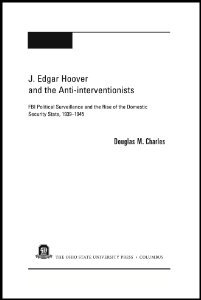By Bruce Davis
This is the first comprehensive study of the history and evolution of American indecent exposure laws. The study informs a critical analysis of the role of courts as custos morum, or custodian of the morals. It contains a detailed constitutional analysis of legal management of morality.
The laws are a cornerstone of government regulation of morals, with roots tracing back to seventeenth century English and American cases, laws, and regulations. The state interests protected by indecent exposure laws focus on deterring public behaviors contrary to prevailing moral order and protecting the public from offense or alarm. As moral authority has shifted away from Christianity, the moral authority supporting maintenance of moral order have diminished and fragmented, leaving nuisance as the main justification. Most state statutes now define indecent exposure in terms of audience reaction, reflecting this dependence on nuisance theory. Supreme Court trends have weakened even this justification, raising questions about the viability of current indecent exposure laws.
Despite their fundamental role in moral regulation, indecent exposure laws have received little academic, political, or legal scrutiny. This analysis elucidates their origins, history, and effects, informing development of more effective policies on managing sexuality and nudity. The history of indecent exposure laws also provides insights into managing morals and church-state relations in secular societies. Legal, social, and political trends have created multiple complex jurisprudential dilemmas, exposing the laws to potential constitutional challenges based on the Establishment Clause, free exercise of religion, free speech, privacy, autonomy, overbreadth and vagueness, viewpoint restrictions, content-based restrictions, prior restraints, and equal protection precedent and doctrines. Changes in indecent exposure laws are likely but their costs and benefits remain unclear.
The book chronicles the origins and evolution of courts as custodian of morals. Aspects of Dobbs v. Jackson Women's Health abortion case decided in 2023 suggest that this regime may be nearing an end. Competing moral authorities are contributing to a worsening crisis in moral jurisprudence. The book proposes a public policy framework more aligned with our maturing Constitution that may be better suited to current conditions, based on an empirical approach to legal management of morals in a pluralistic liberal democracy.
New York. Read-Me.Org Inc. 2024. 313p.



